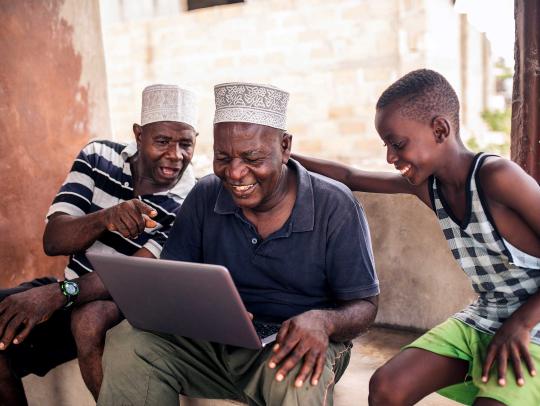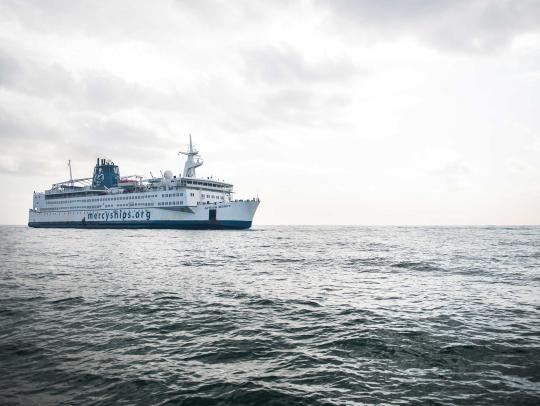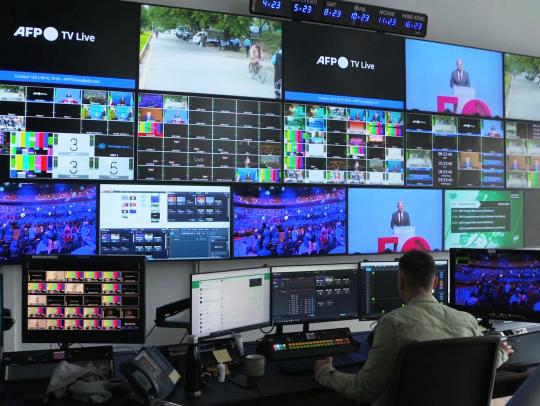SES Team Spotlight: Anne Lellinger on Women in Engineering and Space Operations
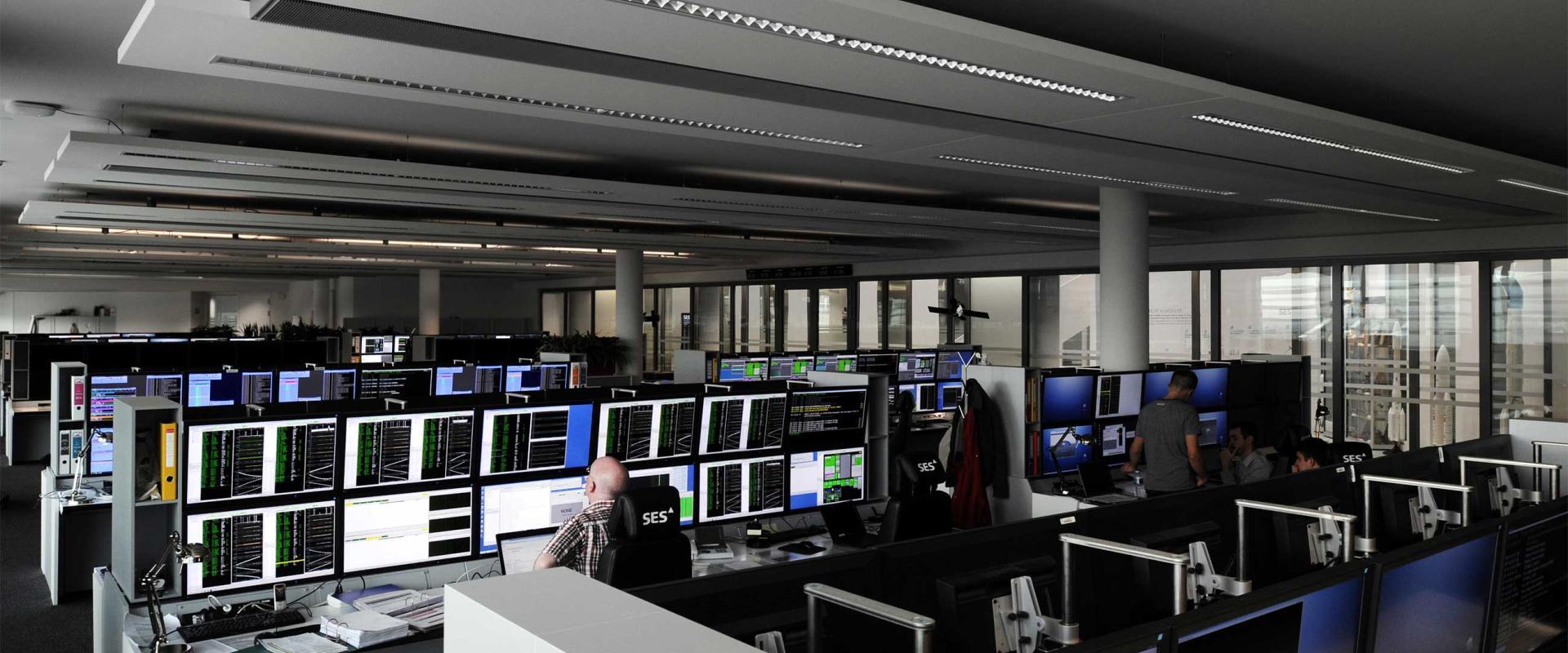
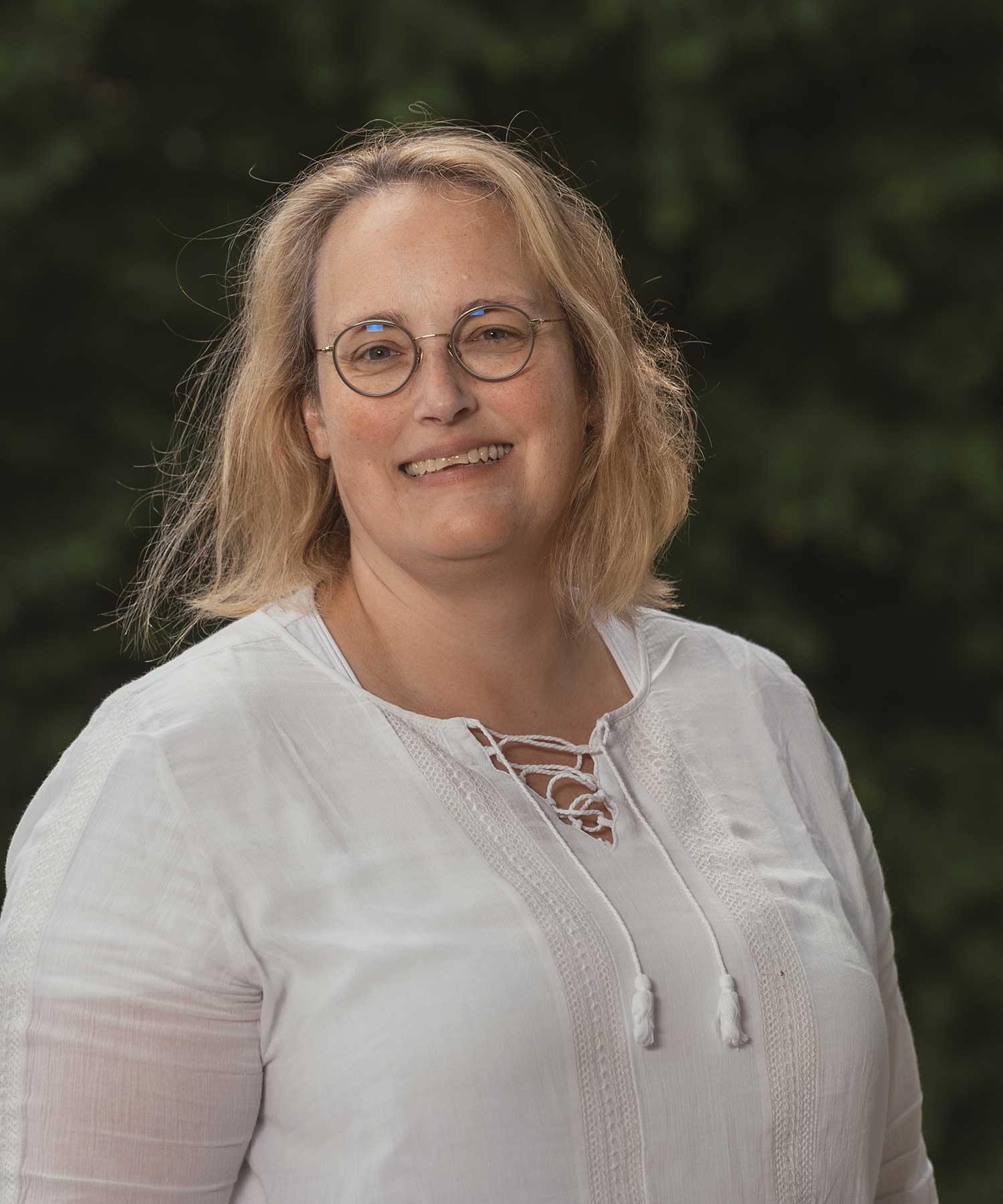
Space Operations Training
To recognise International Women in Engineering Day, we spoke with Anne Lellinger, Senior Manager, Space Operations Training at SES.
Anne dives into her engineering background, career path and transition from being the company’s first ever female satellite controller to now overseeing the training and accreditation of all the controllers who pilot the world’s only geosynchronous orbit and medium earth orbit (GEO-MEO) constellation of satellites from SES’s Satellite Operations Centres (SOC).
What led you to your current role at SES?
Growing up in Germany, I was always curious to learn new things. Multiple people in my family were teachers and I think that ingrained in me a desire to want to know more about history, math, science – basically everything. Over time I got interested in physics, engineering and space leading to my degree in electrical engineering.
After graduating, I applied for a satellite controller position with SES, which I was familiar with through its ASTRA TV brand, but didn’t know much about the role of a satellite controller. After going through the interview process, I realised the position was perfect for me as it combined my engineering background with my interest in space; I was then hired in 2004 as SES’s very first female satellite controller.
What does a satellite controller do and how has that position evolved over the past 20 years?
Satellite controllers are responsible for managing the satellites in orbit – essentially making sure everything on the spacecraft is working as expected and to take corrective actions if not. Controllers also actively command satellites to keep them within the 0.1 degree longitude box (for GEO), for customer service support or to guarantee power and thermal safety. And all this work is in close collaboration with the different engineering teams.
All controllers work in our SOCs – in Betzdorf, Luxembourg, and in Bristow, Virginia, in the U.S. From the moment I started working here, SES has invested in its satellite controllers first by an engineering-driven certification process and later by envisioning and implementing a dedicated training program tailored to fulfil the controller requirements to be able to work on their own or escalate and partner with the engineering team when needed.
The biggest changes I have experienced since starting my career are the increasing number of satellites and their complexity, and the level of automation used. When I was hired, the Betzdorf SOC was controlling 13 satellites and every controller could only oversee four analogue spacecraft at a time, requiring much more manual control than what is needed today.
Today, we have over 70 satellites in both the GEO and MEO orbits and each controller can oversee 10 satellites. Some of these satellites are equipped with highly complex payload subsystems composed of regenerative two-way high throughput systems supporting our customers around the world.
Becoming a controller is something that you need to learn on the job. In fact, the favourite part of my job is seeing that sparkle in a person’s eyes when the information clicks and all falls into place, and they understand what is happening at the satellite and how to manage it.
What advice do you have for young girls interested in engineering or young women starting careers in technical fields?
I think for young girls – follow your passion and never let anybody tell you where your interests should be or what you can or cannot do. I remember when I was selecting courses to take in high school, one of my teachers asked if I really wanted to take physics and math and ‘wouldn’t I be better suited’ for other disciplines, but I decided to follow my own interests.
For young women starting jobs in various technical fields – keep learning and expanding your skills and look for companies that will recognise, support and value your contributions.
I’ve been fortunate that SES is such a place. Not only did they hire me as the company’s first ever female controller, but they supported my continuing education as I received an advanced physics degree, and then promoted me to my current role overseeing all satellite controller training. I love my job as it combines engineering, space and teaching – I’ve actually trained more than 60 satellite controllers so far!
And while I may have ‘boldly gone where no woman went before’ in SES’s SOCs, the company now has 10 active female controllers that I’m proud to have trained and know they are expertly piloting our satellites every day.

